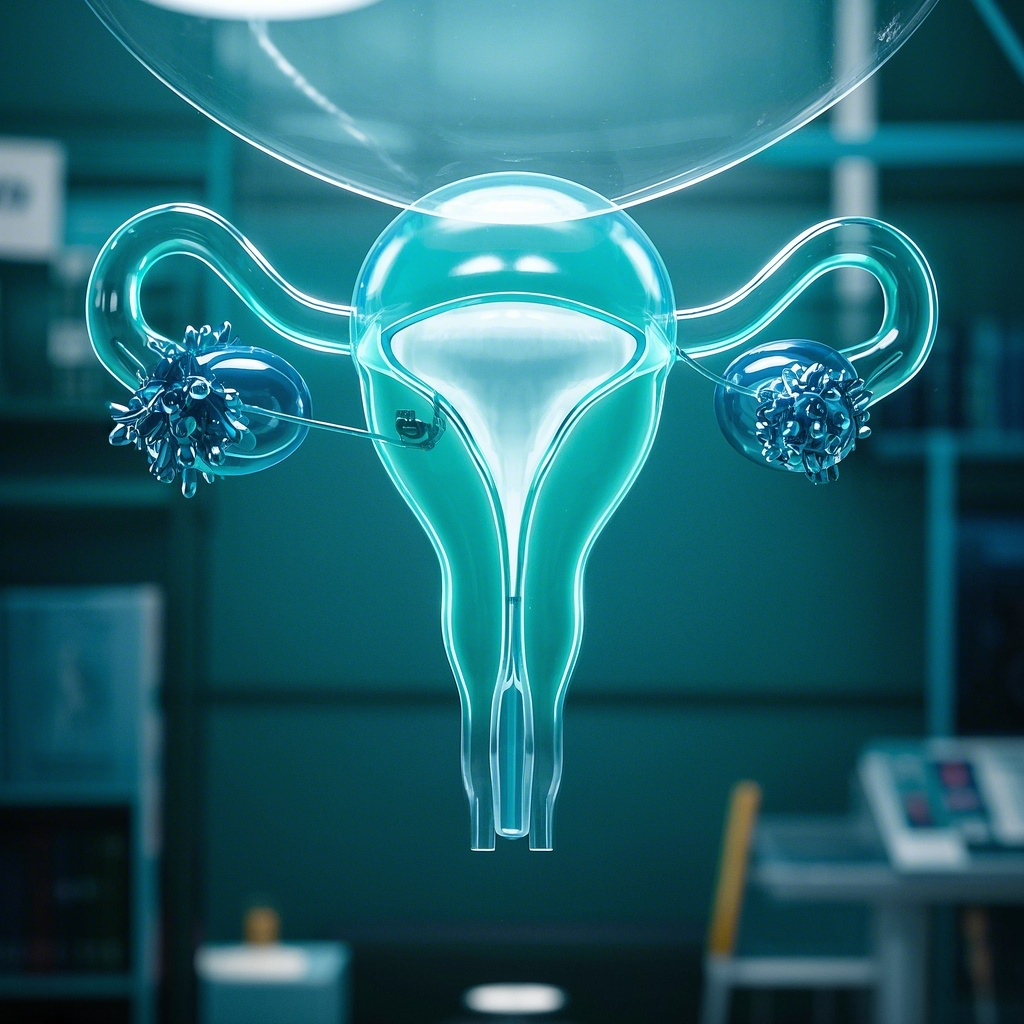Yes, you can be a surrogate after tubal ligation. Having your tubes tied does not disqualify you from becoming a gestational surrogate because surrogacy relies on in vitro fertilization (IVF) rather than natural conception. Since the fertilized embryo is transferred directly into the uterus, the condition of the fallopian tubes is irrelevant in the surrogacy process.
However, there are still medical and personal considerations that surrogacy agencies and fertility specialists will evaluate before approving a candidate. Below, we will explore what tubal ligation is, how it affects pregnancy, and why it is not a barrier to surrogacy.
Understanding Tubal Ligation
Tubal ligation, often referred to as “having your tubes tied,” is a surgical procedure that permanently prevents pregnancy by blocking or cutting the fallopian tubes. This stops eggs from traveling from the ovaries to the uterus, thereby preventing fertilization. While it is considered a highly effective method of birth control, it does not affect the uterus, hormone levels, or the ability to carry a pregnancy through IVF.
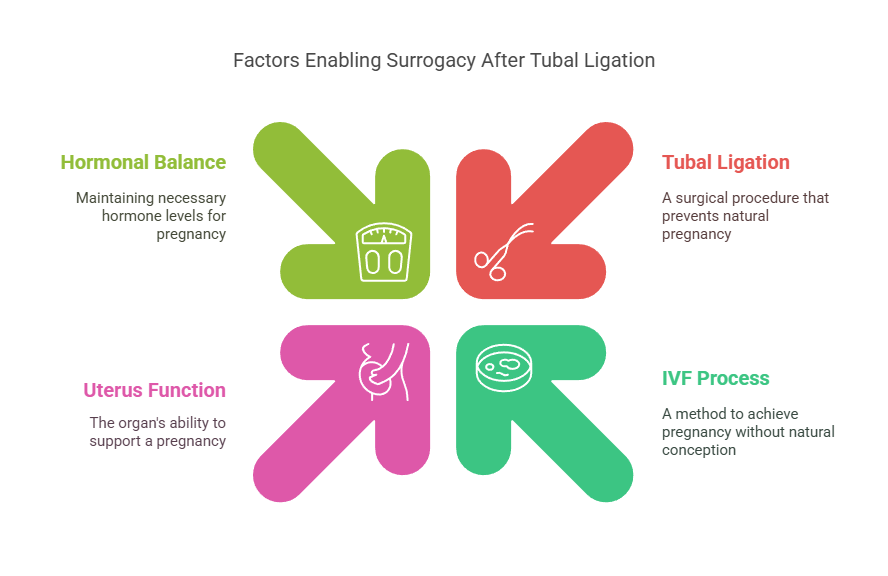
Why Tubal Ligation Doesn’t Affect Gestational Surrogacy
Unlike traditional pregnancy, where fertilization happens naturally in the fallopian tubes, gestational surrogacy uses IVF to create an embryo outside the body. This embryo is then implanted directly into the surrogate’s uterus. Since the fallopian tubes are not involved in this process, their condition does not impact a surrogate’s ability to carry a pregnancy.
Many surrogacy agencies actually prefer candidates who have undergone tubal ligation because it eliminates the risk of an unintended pregnancy while they are undergoing the surrogacy process.
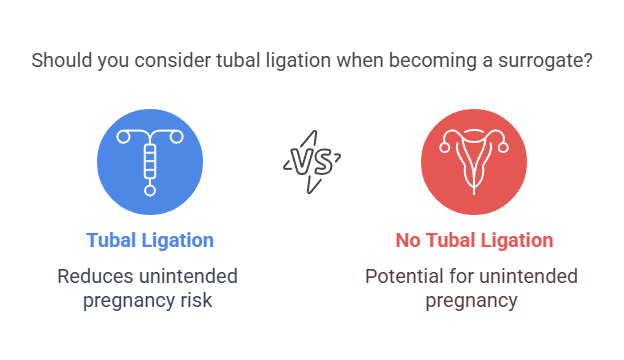
Requirements for Surrogacy After Tubal Ligation
Even though tubal ligation itself does not disqualify a candidate, surrogates must still meet general health and medical requirements, including:
- A history of at least one successful pregnancy
- A healthy uterus (confirmed through medical screening)
- No major complications in previous pregnancies
- A stable lifestyle and support system
A fertility specialist will conduct an evaluation, including ultrasounds and hormone tests, to ensure that the uterus is capable of sustaining a healthy pregnancy.
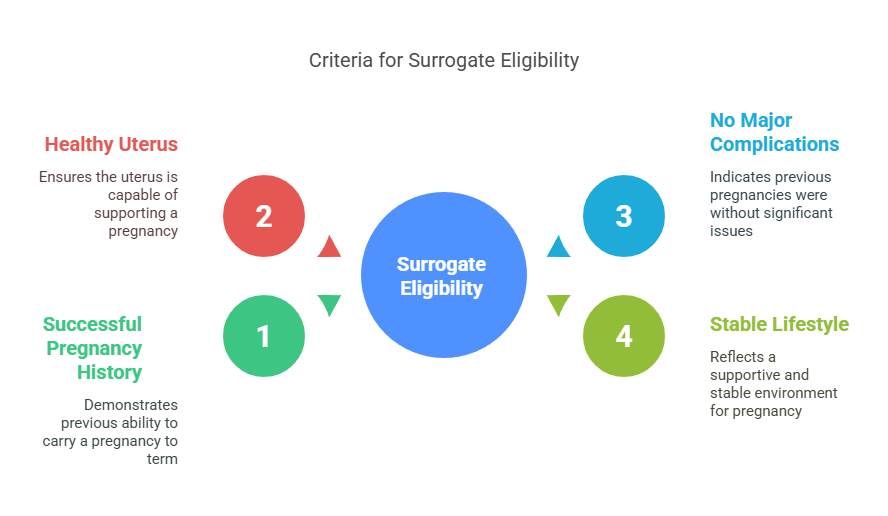
Benefits of Being a Surrogate After Tubal Ligation
If you have had tubal ligation, you might actually be at an advantage as a surrogate. Some benefits include:
- No risk of accidental pregnancy – Agencies and intended parents appreciate that there is no risk of an unintended pregnancy during the surrogacy journey.
- Proven reproductive health – Since tubal ligation is typically performed after previous successful pregnancies, it reassures agencies that the candidate has already carried a child to term.
- Straightforward IVF process – With no need for natural conception, the focus is solely on embryo implantation.
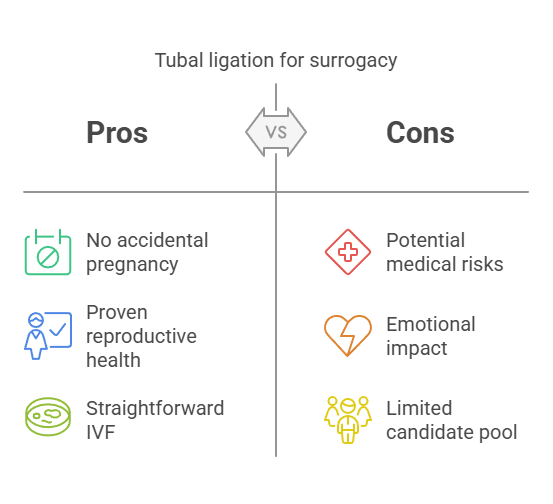
What Intended Parents Should Know
For intended parents, understanding that a surrogate has had a tubal ligation should not be a concern. As long as the uterus is healthy and the surrogate meets all medical requirements, there is no impact on her ability to carry a baby successfully. If there are any doubts, fertility doctors can provide additional insights and reassurance.
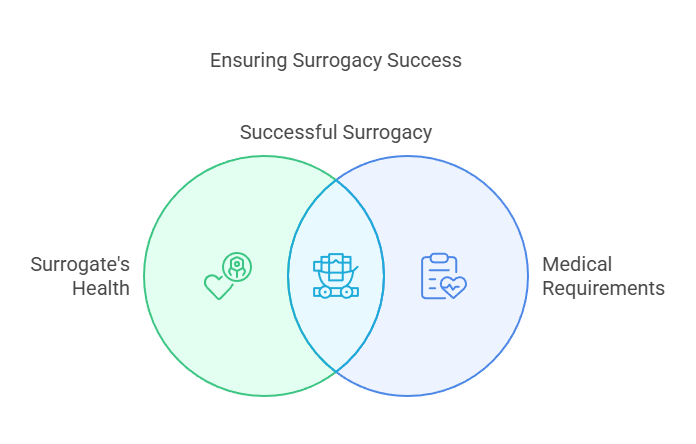
Conclusion
In summary, tubal ligation does not prevent someone from becoming a surrogate. Since gestational surrogacy uses IVF, the function of the fallopian tubes is not a factor in the process. Many surrogacy professionals even view tubal ligation as an advantage, ensuring the surrogate cannot become pregnant naturally while undergoing treatment.
If you have had a tubal ligation and are considering surrogacy, consult with a reputable surrogacy agency or fertility specialist to determine your eligibility and start your journey toward helping intended parents build their families.

